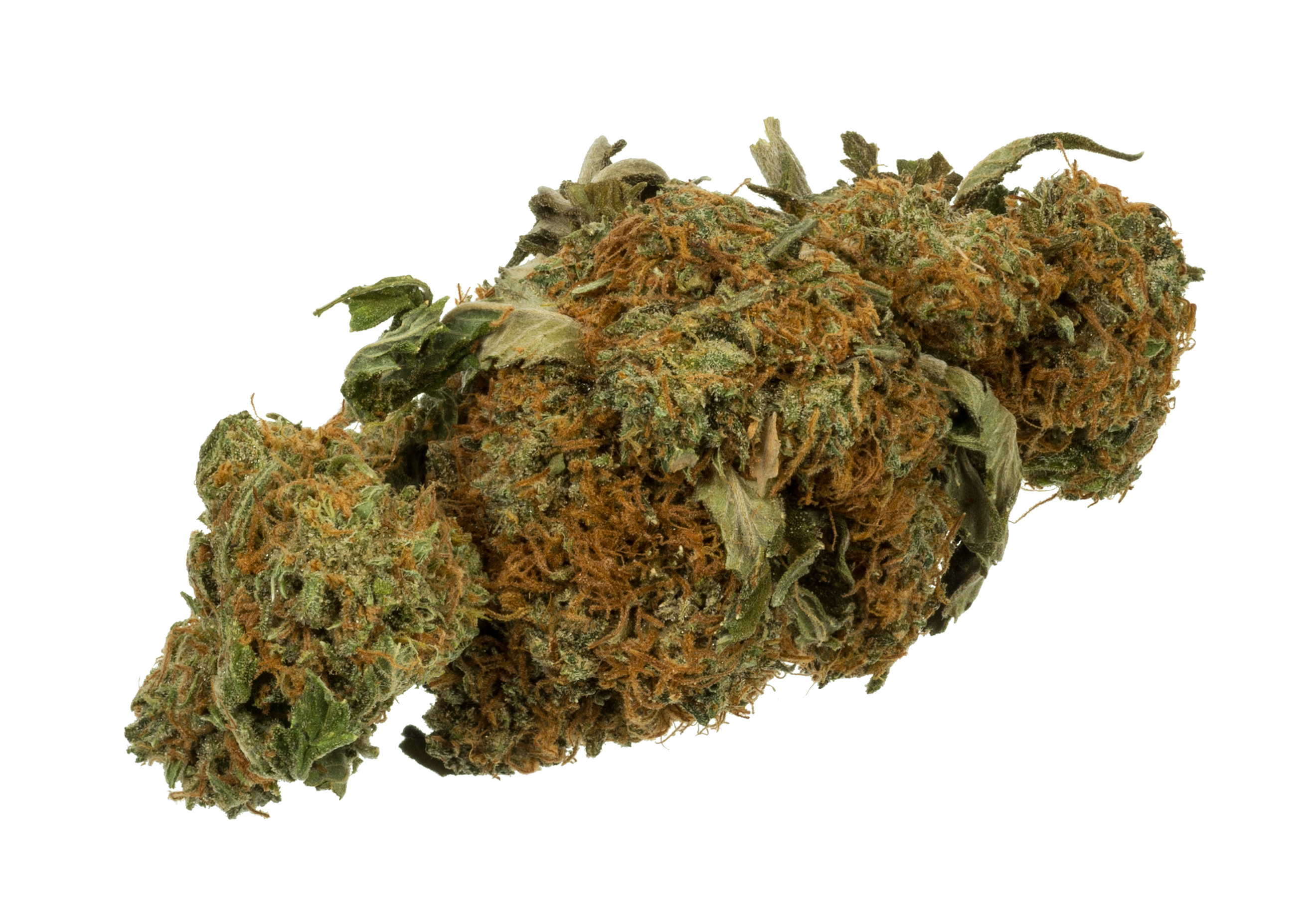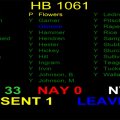Today the Arkansas Supreme Court ruled that a measure to legalize the use of marijuana for “medical” purposes could remain on the ballot for the November election.
Now, this is bad news for a number of reasons. The Court, by and large, ignored concerns expressed over ambiguities in the measure’s ballot title—what voters will see when they look at their ballots—that will mislead voters when they weigh in on the measure.
For instance, the court must look for any omissions in the ballot title that might give voters a reason for “reflection” on the measure. Well, the ballot title does not bother to list the medical conditions for which a person can use marijuana. Do you think that’s something voters might like to know before they vote on the measure? I would at least want to know that much before I voted one way or another. But voters won’t, and the Arkansas Supreme Court did not bother to adequately answer why the ballot title does not have to include something so vital to the measure.
Here’s the thing, though: The Popular Name alone should have invalidated this measure. The Popular Name is a shorthand way of identifying a ballot measure. It is supposed to be impartial and factual.
In October 1984, I was part of a petition drive to place “The Unborn Child Amendment” on the ballot. We succeeded, but the Arkansas Supreme Court ruled that the measure should be stricken from the ballot, because,
- There is no such thing (in their legal opinion) as an “unborn child;” they believed something akin to “fetus” would have been the correct terminology; and
- They believed the Popular Name would bias voters. After all, who wants to vote against an amendment for children?
The lesson was simple: Keep the Popular Name short and clear, but impartial. We did that, and in 1988 we passed an “Amendment to Prevent Abortion Funding and Restrict Abortion.” It was the very same amendment as before, but with a more appropriate Popular Name.
Applying the court’s past case law (from a case to which I was personally a party), the “Arkansas Medical Marijuana Act” is an insufficient Popular Name for the following reasons:
- “Medical marijuana” does not exist. Now, I know what you’re thinking: A number of states have legalized “medical” marijuana, so clearly it exists, right? Wrong. “Medical” implies that it has been approved by the Food and Drug Administration. Every other “medicine” prescribed in this country has been. But marijuana has not. Legally, it is not “medicine,” because marijuana is a Schedule I Controlled Substance under the federal law; the FDA cannot legally approve it as medicine, and has said as much in its official documents on the subject. Legally speaking, “medical marijuana” is a misnomer; it does not exist, and invalidates the Popular Name.
- The Popular Name biases voters. Just like no voter in the ‘80s would have wanted to vote against “unborn children,” no voter today will want to vote against “medicine.”
A more accurate Popular Name for this measure would be something like, “A Proposal to Authorize the Cultivation and Use of Marijuana for Certain Purposes.” That’s what this measure actually does. That kind of wording would be more appropriate. It’s a factual, impartial way to label the measure.
In its opinion upholding the measure, the court ruled that the four words, “Arkansas,” “Medical,” “Marijuana,” and “Act,” are each well-understood by Arkansans, and therefore not misleading or prone to bias voters. By that same measure, the words “unborn,” “child,” and “amendment” should have been upheld thirty years ago—after all, most voters knows what the word “unborn” means, what a “child” is, and what an “amendment” does.
The truth is the Arkansas Supreme Court—for whatever reason—ignored three decades of case law on the Popular Name. I have no idea why they did that, but that is exactly what they did.
This proposal is so poorly written that the Popular Name alone should have disqualified it from the ballot. From the ground up, this measure is without a doubt the worst ballot proposal I have ever seen.




